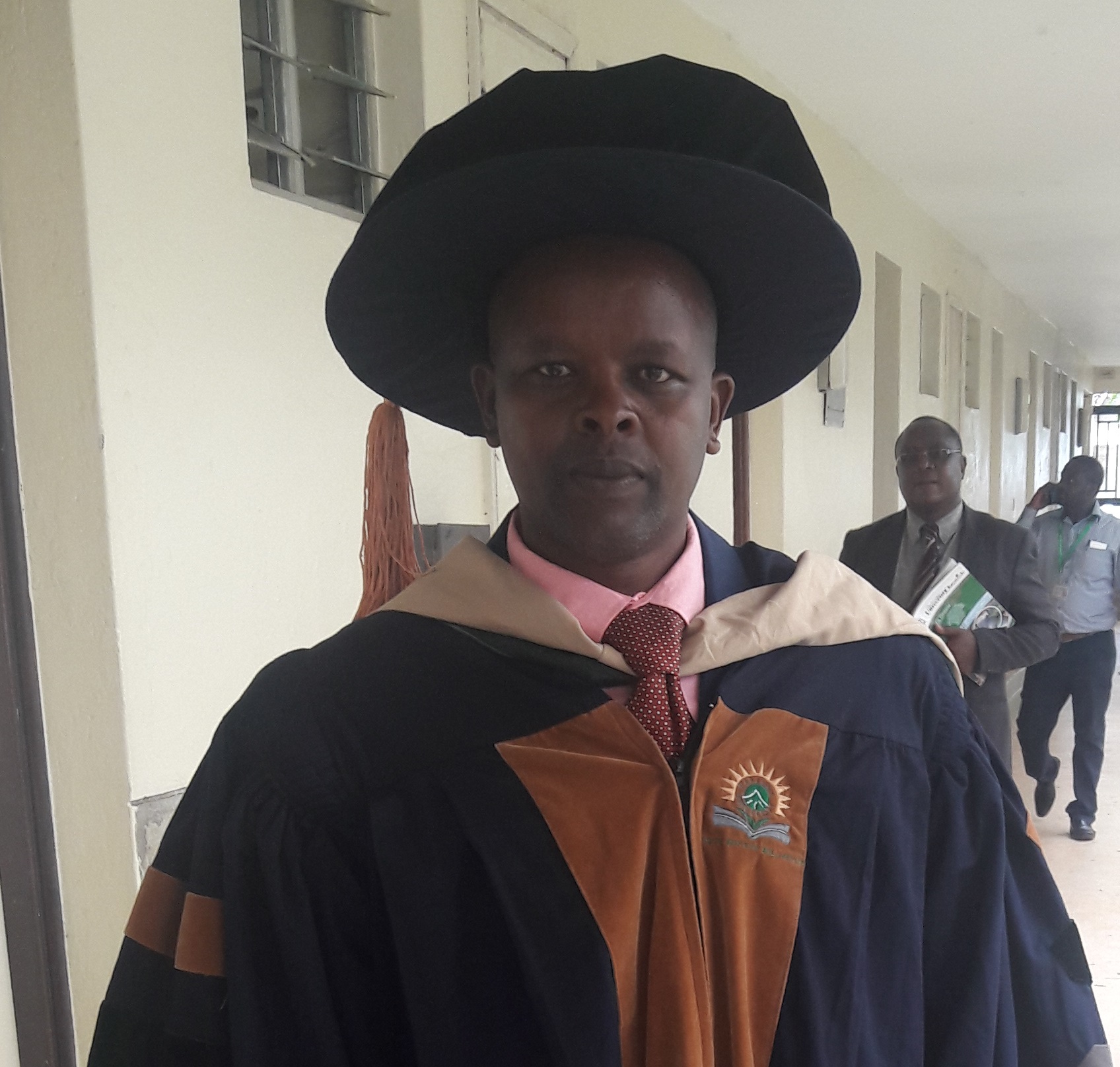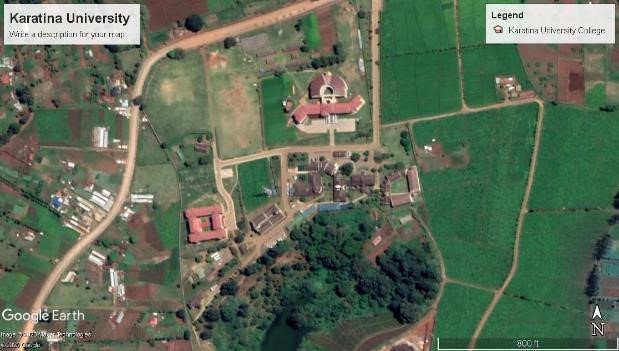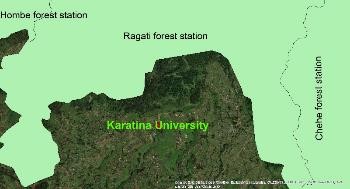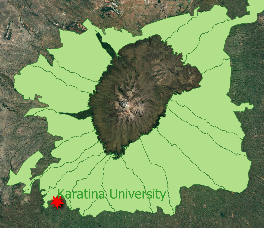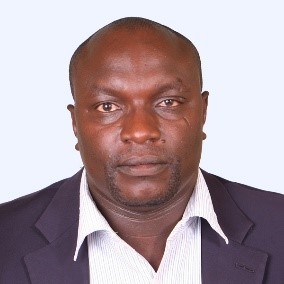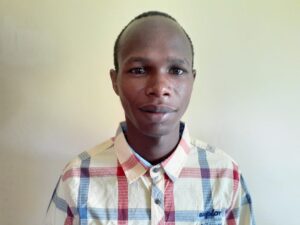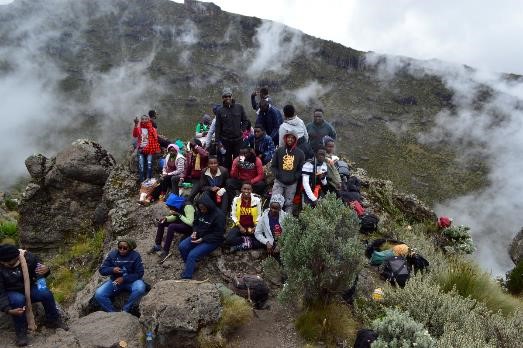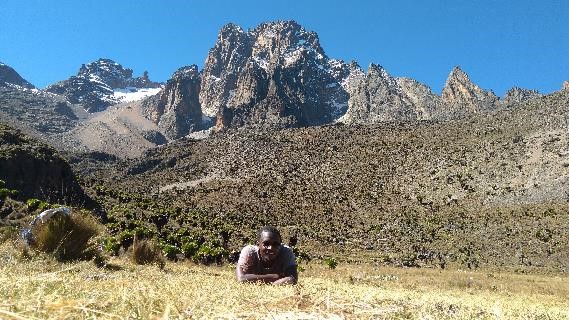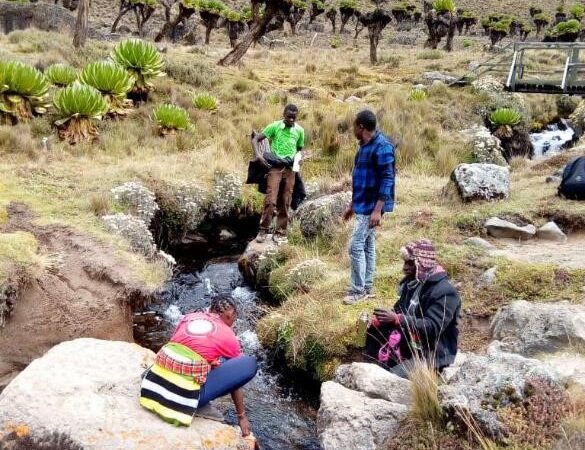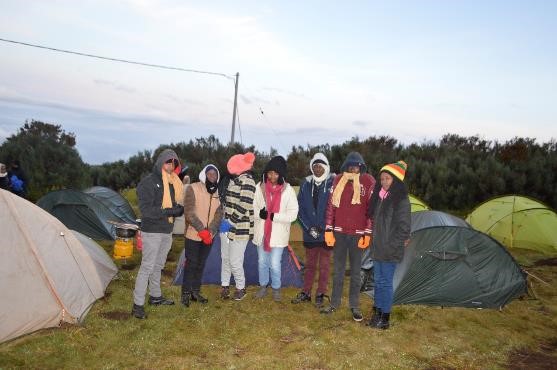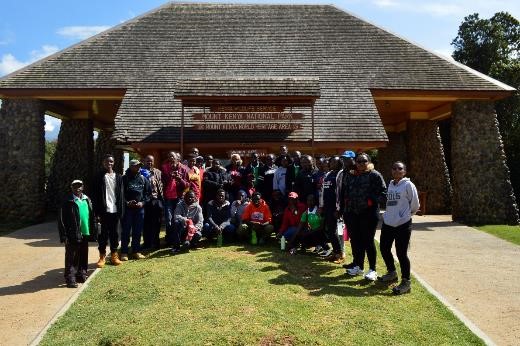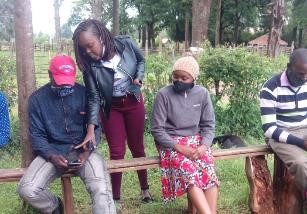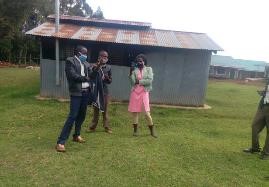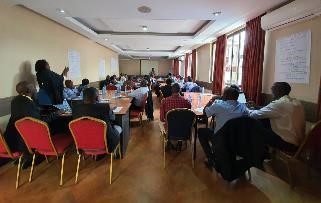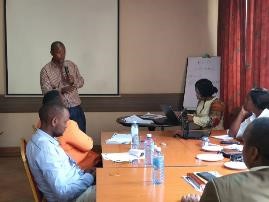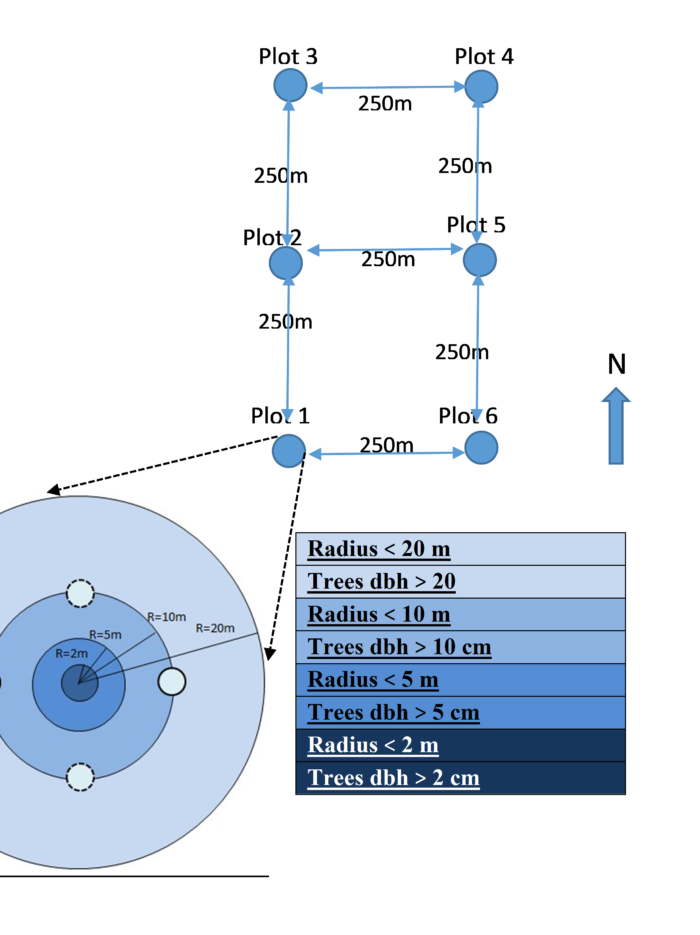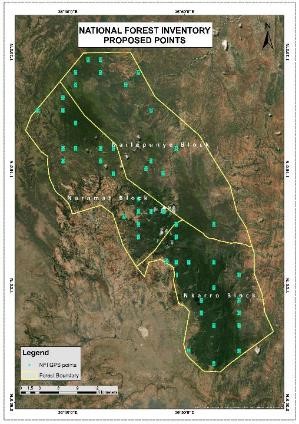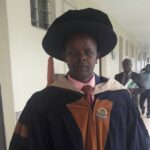Projects
Modelling land cover changes and Carbon Emissions using FLINTpro
Through the Mountain Studies and Climate Change Centre (MSCCC), Karatina University received Ausi dollars 11,000 from the Mullion Group Pty Ltd (ABN 84 169 968 647) of 75 Hawkesbury Cres, (Australia) in January 2020 under the programme Modelling Kenya’s GHG emissions (FOLU) using the FLINTpro. The Mullion group (https://www.mulliongroup.com.au/about-us/) is an expert organization dealing with provision of innovative systems and advisory services for monitoring and forecasting the impacts of land management activities on production, greenhouse gas emissions, food security and sustainable development. The FLINTpro is an advanced modelling system (based on IPCC, complete land representation guidelines for GHG Inventories from the Lands Sector) that monitors time series land cover changes at pixel level and translates this into equivalent GHG emissions. The system that was initially piloted in Kenya under the System for Land based Emission Estimation for Kenya (SLEEK) is a great tool for decision making for Countries planning to reduce emissions from the land sector. Karatina University is proud to be associated with the Mullion Group.
Partial scholarships for students
Academic Year 2020/2021 and Academic Year 2021/2022
The scholarships were availed through several projects that the Centre for Mountain studies and climate change has been involved in. these include
- Support development of Kenya Forest Reference Level which was submitted to the United Nations Framework Convention on Climate Change (UNFCCC) together with Mullion Group Pty Ltd (ABN 84 169 968 647) of 75 Hawkesbury Cres, (Australia)
- Tropical Forest Surveillance Monitoring and Assessment (TFSMA) in IGAD Region through the Global Monitoring for Environment and Security (GMES) & Africa Programme which is a joint initiative co-financed by the European Commission and the African Union Commission together with Locate IT Ltd
- Development of Kenya’s Strategy for REDD+ implementation under the UNDP Kenya office
- The Bio Cult programme –which is a cooperation between German Universities and Kenyan universities (https://biocult.net/).
Mount Kenya Climbing Expedition
An expedition to get an in-depth understanding of the Mount Kenya Climbing route and requirements for a team climbing the mountain was done in February 2020. The Mountain Studies and climate Change Centre Financed costs of gate charges, hiring of tents and payment for porters.
A total of 31 participants were involved in the hike and comprised: Three lecturers from the School of Natural Resources and Environmental Studies, two support staff from the school of natural resources and Environmental studies, One staff from IT department of the University, Twenty two students, three non-students who are affiliate members of the University’s Nature Club.

